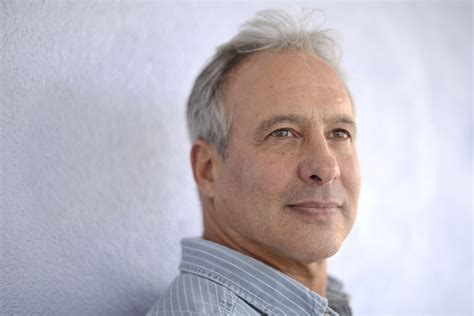A Quote by Janet Fitch
A novelist can get by on story, but the poet has nothing but the words.
Related Quotes
Many novelists say, "I'm not a political novelist" - myself included. That's a standard, even a default position. Whereas that divide between art and politics simply isn't possible in many countries. In Hungary, you couldn't be a fiction writer and then, when asked about politics, put your hands up in the air and say "But I'm not a political novelist." If you're a Chinese novelist, a novelist in a country where censorship is such an issue, how do you claim that politics has nothing to do with your writing? It's in your writing, it's shaping your words.
I am a man and alive. For this reason I am a novelist. And, being a novelist, I consider myself superior to the saint, te scientist, the philosopher, and the poet, who are all great masters of different bits of man alive, but never get the whole hog....Only in the novel are all things given full play.
The poet or the revolutionary is there to articulate the necessity, but until the people themselves apprehend it, nothing can happen ... Perhaps it can't be done without the poet, but it certainly can't be done without the people. The poet and the people get on generally very badly, and yet they need each other. The poet knows it sooner than the people do. The people usually know it after the poet is dead; but that's all right. The point is to get your work done, and your work is to change the world.
As a poet and writer, I deeply love and I deeply hate words. I love the infinite evidence and change and requirements and possibilities of language; every human use of words that is joyful, or honest or new, because experience is new... But as a Black poet and writer, I hate words that cancel my name and my history and the freedom of my future: I hate the words that condemn and refuse the language of my people in America.


































